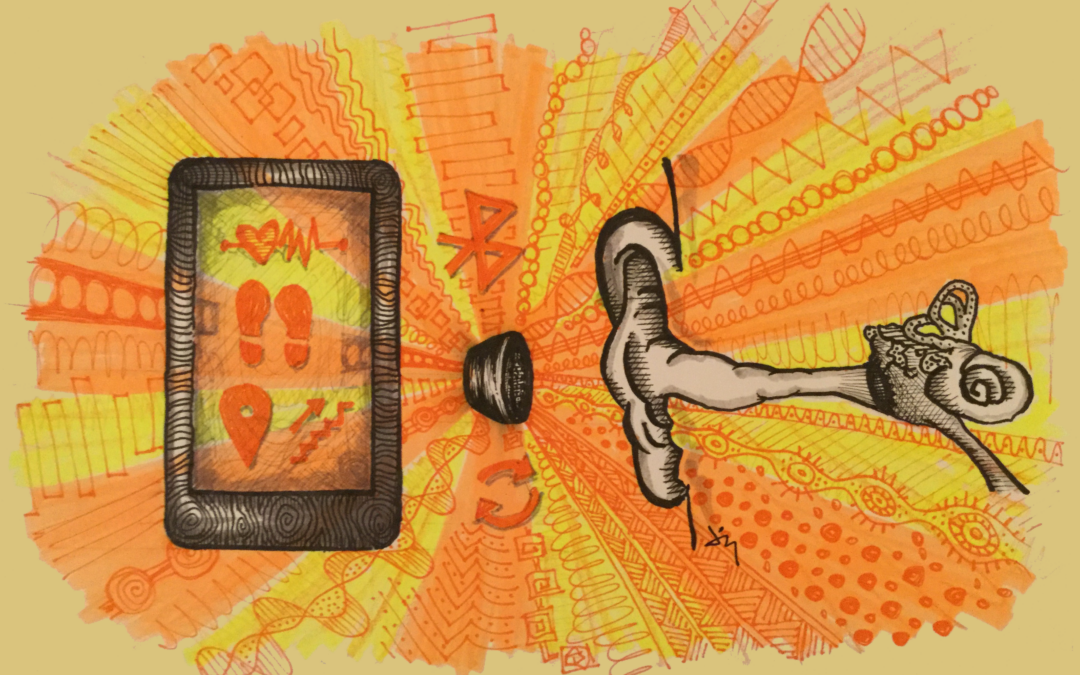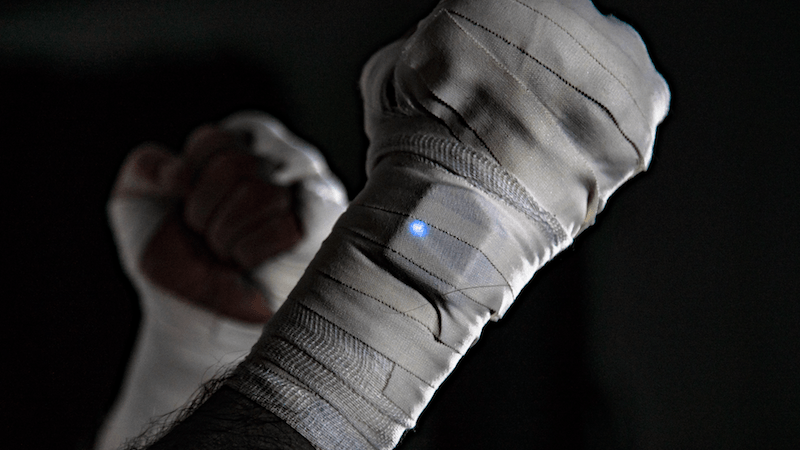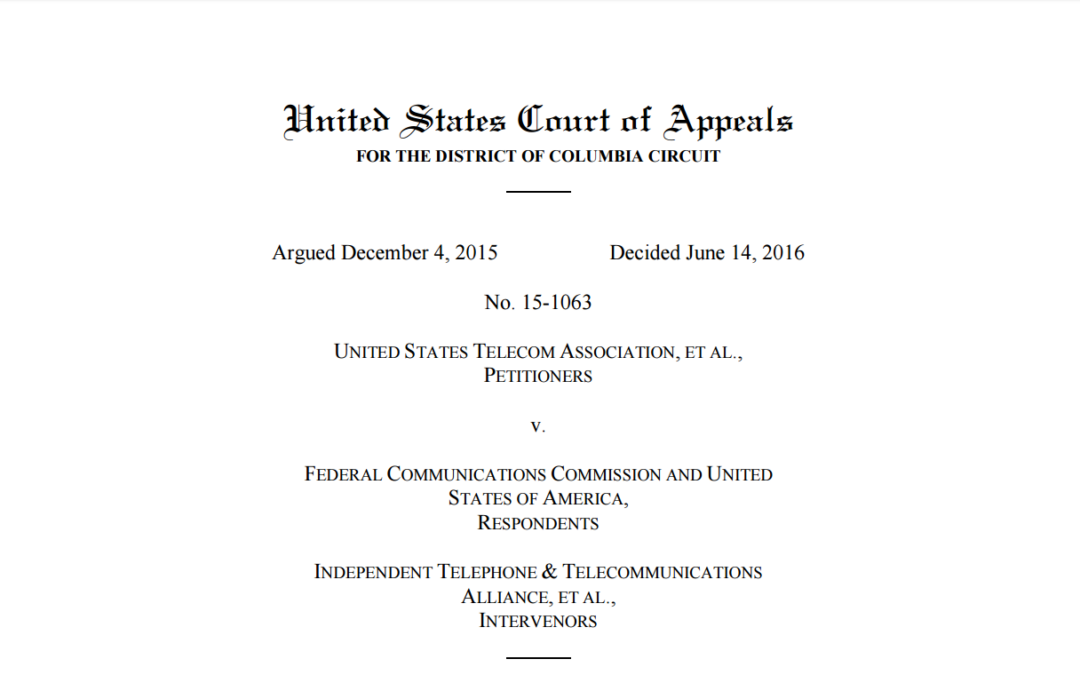
by J. Carlos Perez
Why would developers or other technology-driven companies hire a development firm? It happens more often than you think, and maybe not for the reasons you would expect. Sometimes developers (by which we also mean in-house teams at technology companies) always use outside software developers because they do not actually build stuff in-house. More often than not, however, we find that companies with in-house software engineers find themselves in need of outside help for a variety of reasons, five of which we’ll address here.

by J. Carlos Perez
Will hearables be the next big thing? One recent study by Juniper Research suggests that it could reach $5 billion in revenue by 2020. That’s quite a leap from the current revenue of roughly $1 billion worldwide. But what are hearables and why would you want to develop this kind of IoT device?

by J. Carlos Perez
Aside from the obvious examples, wearable tech has been all over the place at the Rio games. Olympic boxer, Tommy Duquette, for example, trained using a sensor that he helped develop. Worn on the boxer’s wraps, the sensor is designed to calculate the number of punches a fighter throws, as well as the speed, striking intensity and type of punch (jab, cross, left or right power).

by J. Carlos Perez
The little pocket monsters known as Pokemon were first released in the mid-90s as a game for Nintendo’s Gameboy. Fast forward 20 years, and we’re suddenly watching the resurgence of a handheld game that was originally based on the creator’s fascination with insect collecting. The added twist, however, is that augmented reality now makes it possible to let game makers populate our reality with virtual characters that we can spot through our phones. The game has changed. The rapid, overwhelming success of Pokemon Go! surprised even John Hanke, chief executive of Niantic, Inc., the Alphabet spinoff that co-developed the game with Nintendo. Part of his surprise was the rapidity with which the game surged as well as its immediate, and impressive impact on the company’s bottom line. But should it have been so surprising?

by J. Carlos Perez
The federal appeals court in Washington, D.C. decided to keep the rules that require Internet providers to treat all web traffic equally. Internet providers had been challenging the FCC’s determination that phone and cable companies should not throttle or block websites from companies that are not willing to pay extra for a virtual fast lane online. Essentially, it means that high-speed internet should be defined as a utility rather than as a luxury and that no broadband service provider, whether fixed or mobile, should interfere with a consumer or business’ access to a fast, fair, and open internet. The FCC summarizes the rules as follows:




